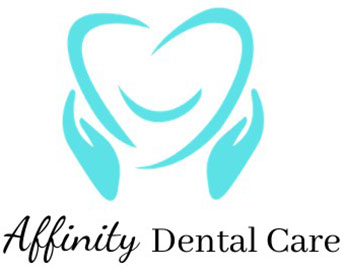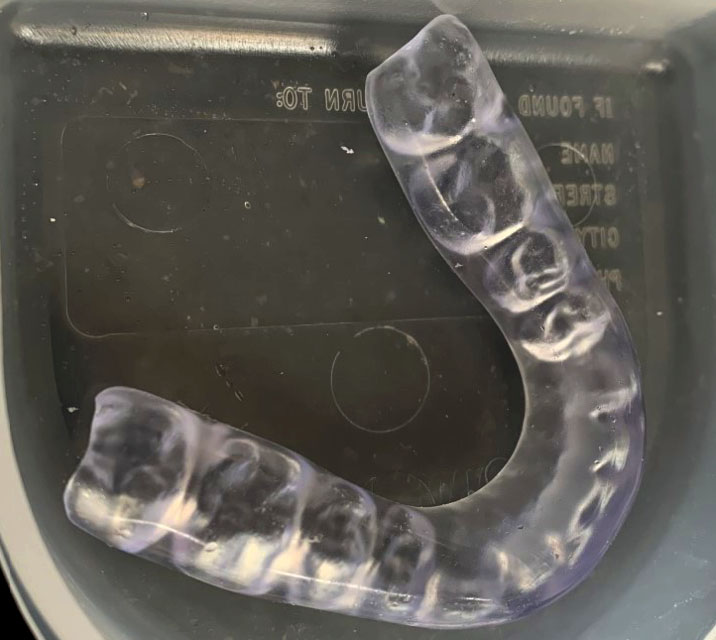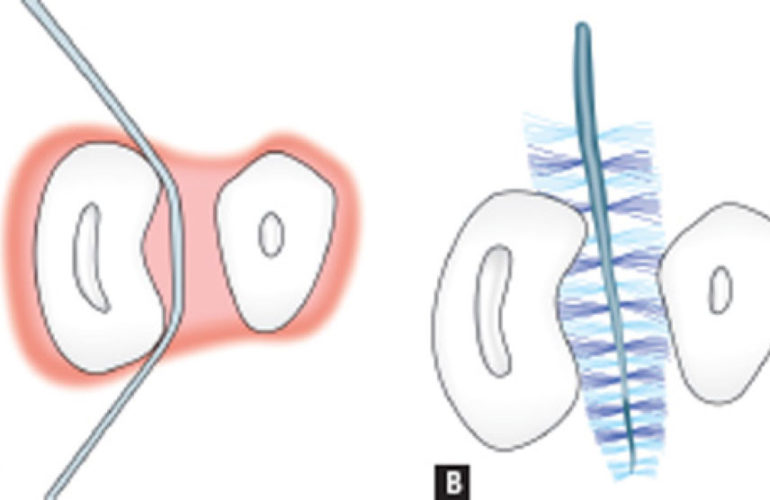Bruxism or teeth grinding and clenching when you are awake or when you are asleep. Most people probably grind and clench their teeth from time to time. Occasional teeth grinding does not usually cause harm. Once teeth grinding occurs regularly, It can endanger your oral health, aggravate the jaw’s temporomandibular joint, and increase your risk of suffering from headaches, ear and jaw pain, and sleep difficulties.
Factors that cause teeth grinding
The causes of bruxism are not usually the same for every person, but some factors can cause teeth grinding. It could be caused by one of the following factors: abnormal bite or missing or crooked teeth, stress, sleep disorders such as sleep apnea, snoring, heavy alcohol consumption, smoking, and certain medications that can cause a person to grind and clench their teeth. When it happens occasionally, it’s generally not a problem. However, if grinding or clenching becomes a frequent, repetitive action, steps must be taken to protect the teeth. In some cases, chronic teeth grinding can result in a fracturing, loosening, or loss of teeth. The chronic grinding may wear the protective enamel away, exposing the dentine and resulting in hypersensitivity. Bridges, crowns, root canals, implants, partial dentures, and even complete dentures may be needed when these events happen.
Not only can severe grinding damage teeth and result in tooth loss, but it can also affect your jaws, cause or worsen TMD, and even change the appearance of your face.
If stress is causing you to grind your teeth, ask your doctor or dentist about options to reduce your stress. Attending stress counselling, starting an exercise program, seeing a physical therapist, or obtaining a prescription for muscle relaxants are among the options that may be offered.
Bruxism treatments
Dentists can explore orthodontic treatment like braces or clear aligners if the underlying cause of bruxism is the abnormal bite and missing or crooked teeth. Dentists can also consider the replacement of the missing teeth with implants, crowns, or bridges. Sometimes a simple bite adjustment by removing rounding down the shape pointy edges of some teeth can remove the interference of the lower jaw movement can instantly reduce the grinding and clenching.
How to prevent teeth grinding
To prevent and protect the teeth from bruxism, your dentist can fit you with a nightguard to protect your teeth from grinding during sleep. The night guard is usually worn on either the maxillary (top) or mandibular (bottom) arch, not both at the same time. The night guard can be small like the NTI-tss device, namely the Nociceptive Trigeminal Inhibition Tension Suppression System, or full size covers the whole arch. They are made with resin or acrylic. They can be soft, rigid, or in the middle, like the thermoplastic ones. They can be very thin or thicker. The choice of material, size, thickness, and location depends on many conditions like the bite, the upper and lower jaw relationship, tongue size, day or nightwear, etc. What works better all depends on a case by case.
The appliance, which discludes the teeth, can provide rapid pain relief because it allows the jaw joint to rest and the muscles to relax, providing almost immediate relief from facial pain and headaches related to facial pain, even migraines. The device can also train the muscles to stop clenching. Over time, this could help break the habit of clenching the jaw.
Patients with sleep apnea should get medical help from a doctor who specializes in sleep disorders. Once sleep apnea is diagnosed, the doctor can prescribe continuous positive air pressure (CPAP) treatment or a sleep apnea oral device.
Other tips to help you stop teeth grinding include:
- Avoid or cut back on foods and drinks that contain caffeine, such as colas, chocolate, and coffee.
- Avoid alcohol. Grinding tends to intensify after alcohol consumption.
- Do not chew on pencils or pens or anything that is not food. Avoid chewing gum as it allows your jaw muscles to get more used to clenching and makes you more likely to grind your teeth.
- Train yourself not to clench or grind your teeth. If you notice that you clench or grind during the day, position the tip of your tongue between your teeth. This practise trains your jaw muscles to relax.
- Relax your jaw muscles at night by holding a warm washcloth against your cheek in front of your earlobe.
Teeth grinding in children
What about teeth grinding in children? About 15% to 33% of children grind their teeth. Children who grind their teeth tend to do so at two peak times – when their baby teeth emerge, and their permanent teeth come in. Most children stop teeth grinding after these two sets of teeth have come in more fully.
No one knows precisely why children grind their teeth. It could be improperly aligned teeth or irregular contact between upper and lower teeth, illnesses, and other medical conditions such as nutritional deficiencies, pinworm, allergies, endocrine disorders, and psychological factors including anxiety and stress.
Specific tips to help a child stop grinding their teeth include:
- Decrease your child’s stress, especially just before bed.
- Try massage and stretching exercises to relax the muscles.
- Make sure your child’s diet includes plenty of water. Dehydration may be linked to teeth grinding.
- Ask your dentist to monitor your child’s teeth if they are a grinder.
Intervention is usually not required with preschool-age children. Older children may need temporary fillings, crowns, or other methods, such as a nightguard, to prevent the grinding.




